-
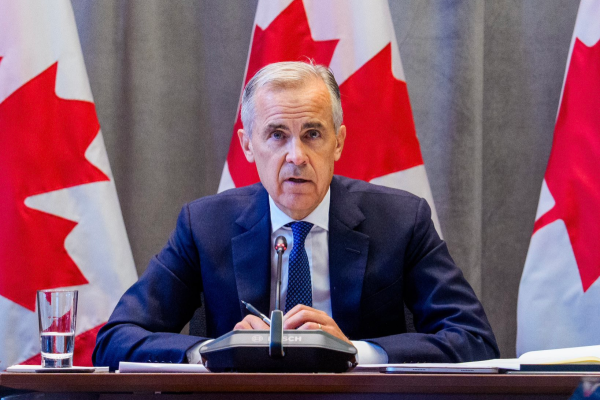
Carney’s attacks will unleash major struggles
As Mark Carney’s government prepares a sweeping austerity agenda—gutting public services, fuelling militarism, and expanding fossil fuel projects—John Clarke argues that a new wave of resistance is emerging. From Indigenous land defence to public sector strikes, these struggles point toward a growing fightback against Canada’s deepening class war.
-
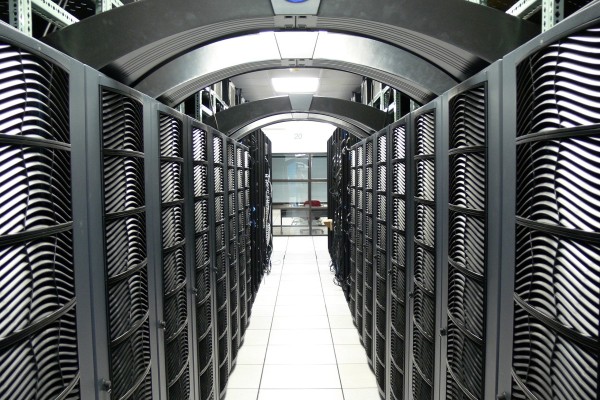
Water woes from data centres
As artificial intelligence grows, data centres are consuming vast amounts of water for cooling and electricity. Often hidden behind corporate secrecy, this demand strains local supplies, pits tech giants against farmers, and fuels conflicts worldwide. Canada is only beginning to confront the environmental costs of hosting such facilities.
-
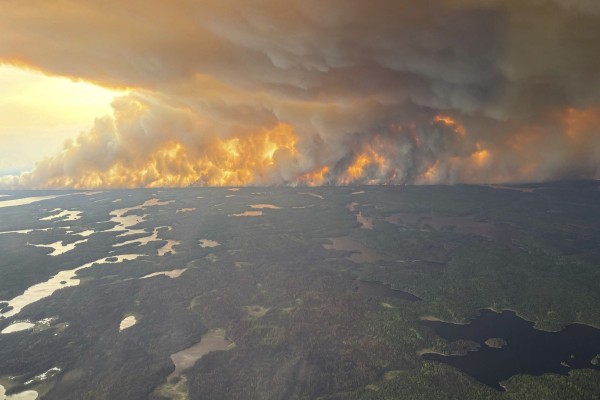
Summertime in the age of upheaval
The aging leaders now ruling in Washington and Moscow have abandoned their responsibility to future generations. They are enthralled to their own visions of restoring past glory. They are men whose time has passed yet refuse to yield. In failing to grasp the earthly dangers of our time, they have endangered not only their own people but us all.
-

Why Canada needs degrowth
Canada’s obsession with GDP growth fuels ecological collapse and worsens the climate crisis. Degrowth offers a realistic path forward: cutting wasteful production, meeting essential needs, and distributing resources fairly. On a finite planet, pursuing endless economic expansion isn’t prosperity, writes Omer Tayyab, it’s a slow-motion disaster we can still choose to avoid.
-
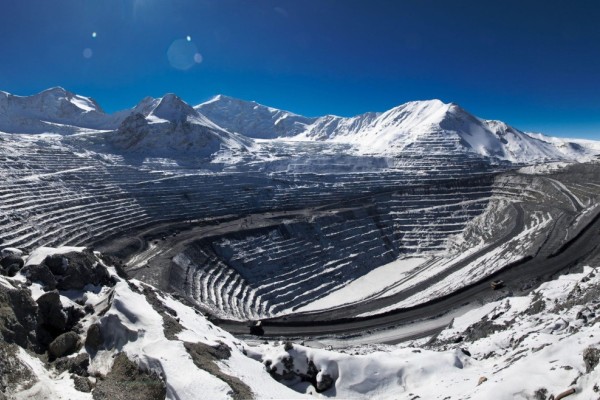
Canada dismissed Kyrgyzstan’s environmental concerns as ‘pretext’ in mine dispute, documents reveal
When Kyrgyzstan nationalized a Canadian-owned gold mine over environmental damage, internal documents show Ottawa prioritized protecting Centerra Gold and investor interests over ecological concerns—framing the move as a threat to Canadian capital. The case highlights Canada’s broader role in shielding mining companies from accountability abroad.
-
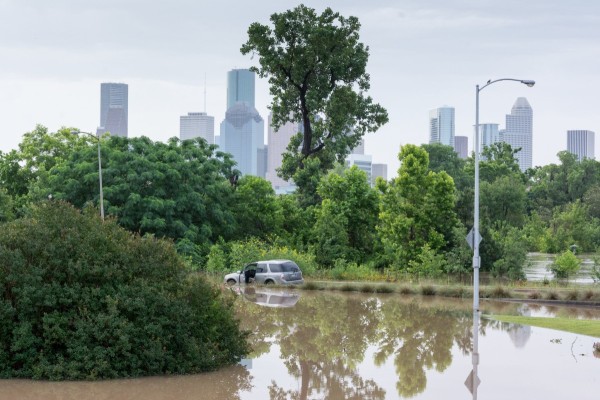
When climate becomes class war
The intensifying depredations of the changing climate, coupled with their disproportionate effects on poor and working class people, have very major implications when it comes to the shape and directions of the class struggle. Climate change requires that workers and working class communities respond, to a much greater degree than in the past.
-

Poisoning the well: the toxic Cold War legacy of Winnipeg’s aerospace industry
Decades of toxic dumping by Winnipeg’s aerospace industry have left behind a poisoned aquifer, unacknowledged corporate responsibility, and a government still subsidizing the polluters. Magellan Aerospace, builder of fighter jet and rocket parts, continues to profit—despite a contamination crisis so severe, experts say cleanup won’t be completed in our lifetimes.
-
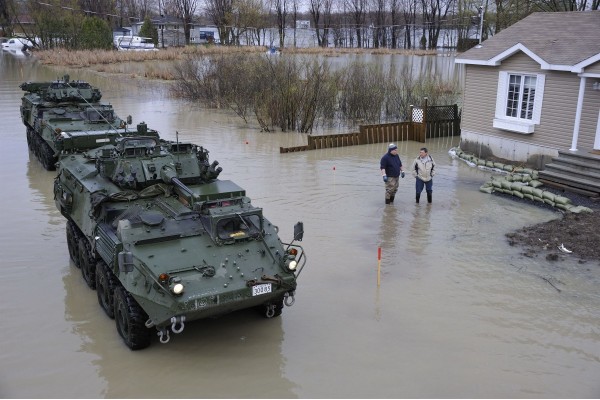
From fighters to first responders
Redirecting even a fraction of the F-35 budget toward humanitarian response wouldn’t weaken Canada’s defence, it would redefine and strengthen it for the threats we actually face. By shifting focus from outdated notions of warfare to the urgent realities of today, Canada has a chance to lead the world in a new era of security—one rooted in resilience, readiness, and compassion.
-

The ‘elbows up’ campaign for a Canada the left does not want
The dominant class and its cheerleaders, intent on doubling down to maintain a social system which proudly features gross inequality and inequity, are out on top. The working class and its leftist protagonists, hoping to fuel a movement for a radical rethinking of our polity to get closer to a social system which advances equality and altruism, find themselves at the bottom.
-
_600_400_90_s_c1.jpg)
Ontario’s costly nuclear folly
Successive governments put nuclear onto the fast-track while shouldering clean, cost-effective and safe renewables to the side of the road. It is an astonishing coup. Without putting up their own money, and without bearing the financial risks, the nuclear industry has captured Ontario’s energy policy and turned Crown agencies into nuclear cheerleaders.



